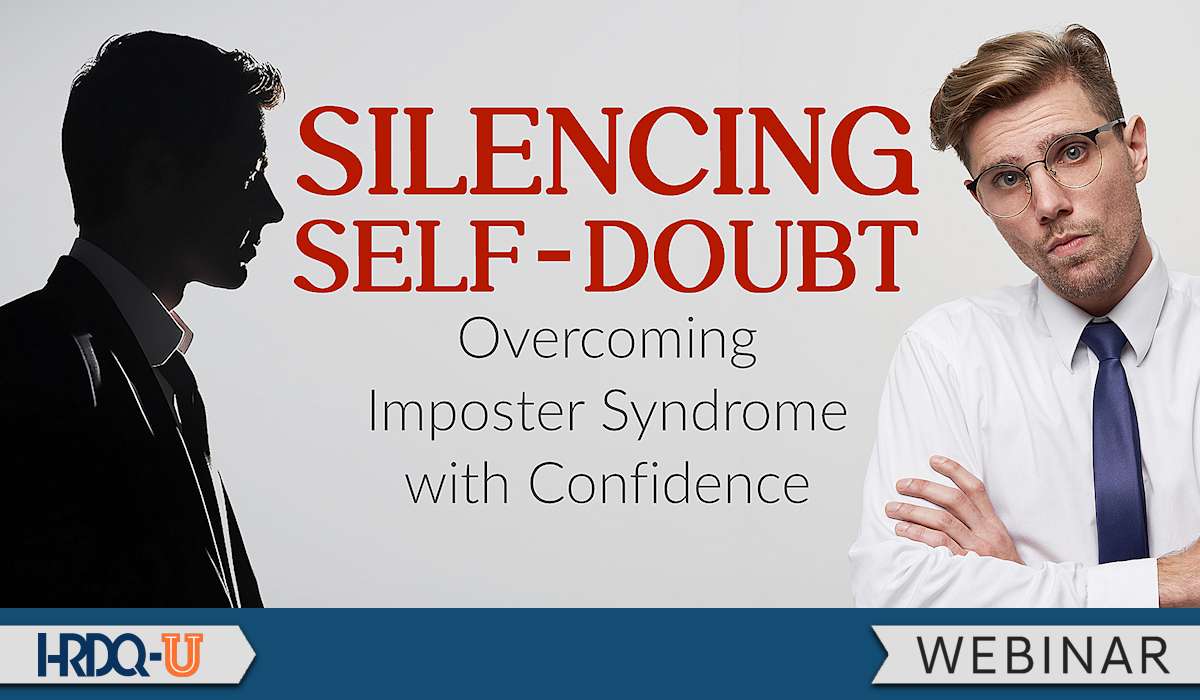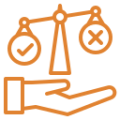What Is Imposter Syndrome, Really?
Imposter syndrome is the psychological phenomenon where individuals doubt their skills, talents, or accomplishments and fear being exposed as a “fraud,” despite evidence of their competence. It’s not a mental disorder – it’s a mindset. A sneaky one.
It was first coined in 1978 by psychologists Pauline Clance and Suzanne Imes, who found that many high-achieving women secretly believed they were intellectual phonies.
Since then, research has shown it affects all genders, all industries, and all levels of success. So that means CEOs, teachers, authors, tech geniuses, artists, and even surgeons have likely suffered from imposter syndrome at work. If they’re breathing and have ambition, they’ve likely danced with this demon.
Let’s be clear:
Imposter syndrome is not modesty.
It’s not humility.
It’s self-sabotage disguised as self-awareness.
Types of Imposters (Yes, There’s More than One)
You thought there was just one brand of inner fraud-feeling? Oh no. There are at least five main types of imposters, according to Dr. Valerie Young, author of The Secret Thoughts of Successful Women.
1. The Perfectionist
If it’s not flawless, it’s failure. This type sets impossibly high standards, and when they (inevitably) fall short, they spiral into self-doubt. Mistakes = proof of incompetence.
2. The Superwoman/Superman
They measure worth by how much they can juggle. Burnout? Overcommitment? Just another Tuesday. They equate being busy with being valuable.
3. The Natural Genius
If they don’t get it right the first time, they feel like a fake. They believe competence = speed. Struggle means stupidity.
4. The Soloist
Asking for help? No way! That would be a weakness. They believe needing others is failure, so they suffer in silence – and question themselves when the load gets heavy.
5. The Expert
They think they need to know everything before taking action. More degrees, more certificates, more info. They’re addicted to learning but allergic to starting.
Spoiler alert: You may see yourself in more than one. That’s normal. It just means you’re human with a PhD in overthinking.
Where Does Imposter Syndrome Come From?
Good question. There’s no single cause. It comes from many different places. Here is a short list:
A. Family Dynamics
Were you the “smart one” growing up? Or maybe the one who had to work twice as hard to prove yourself? Early labels (good or bad) can trap you in performance-based worth.
B. High Expectations in School
Overachievers often feel like success is the default, not the exception. If you’ve only been rewarded for results, your identity becomes tied to performance.
C. Toxic Work Culture
Workplaces that reward burnout, micromanage growth, or fail to recognize achievements breed imposter syndrome at work like a bad summer cold.
D. Social Comparison
Social Media. Everyone’s highlight reel is your constant reminder that you’re not doing enough. Comparing your behind-the-scenes to someone else’s curated content is a shortcut to inadequacy.
The Cost of Listening to That Inner Fraud
Imposter syndrome isn’t just annoying – it’s expensive. It costs us in many different ways:
- Opportunities (You don’t apply because “you’re not ready.”)
- Confidence (You downplay your wins.)
- Time (You overwork trying to “earn” your seat.)
- Mental health (hello, anxiety spiral)
- Joy (You can’t celebrate success when you don’t believe you deserve it.)
You start playing small. You edit yourself. You wait until you’re “ready,” which is fear based and… you end up never ready!
Strategies to Kick Imposter Syndromd in the Teeth
Once we have diagnosed the problem, what do we do with that information?
1. Name It to Tame It
When that voice pipes up saying, “You’re not good enough,” don’t just absorb it. Name it: “Ah, that’s imposter syndrome talking.” Creating distance between you and the voice weakens its grip.
2. Track Your Wins
Keep a “brag file.” Every compliment, win, kind email, or “you helped me” moment – screenshot it, write it down, print it out. Evidence matters when your brain lies to you.
3. Talk About It
One of the most effective cures is realizing you’re not alone. Share your imposter moments with trusted colleagues or mentors. You’ll be shocked how many nod in agreement.
4. Reframe Failure
Failure is not fraud – it’s feedback. Rewriting the narrative around mistakes is a power move. You’re not bad at something because you failed; you’re growing because you tried.
5. Quit the Perfection Paralysis
Done is better than perfect. Perfection is a moving target with no finish line. Aim for progress, not perfection.
6. Say Yes, Then Learn
You don’t need to know everything to get started. You don’t need to be the best to begin. Say yes to the opportunity, then figure it out like literally everyone else does.
7. Get a Hype Squad
Surround yourself with people who see the real you – not the edited version you think they’ll approve of. Let their belief in you anchor your own.
Leaders: You Are Not Immune
Let’s talk directly to anyone reading this who is in a leadership role:
You’re probably great at building others up. But I bet you struggle to apply that same belief to yourself. Why? Because as the stakes rise, so does the volume of that fraud voice feeding into your imposter syndrome at work.
Leading while feeling like a fraud is exhausting. You over-prepare, overcompensate, and overanalyze.
The Bottom Line: You’re Allowed to Be Good at What You Do
Let’s land this plane.
If you’ve been waiting for someone to give you permission to stop questioning your worth, here it is:
You’re allowed to own your success.
You’re allowed to say, “Yes, I worked hard for this.”
You’re allowed to show up as a work in progress and still be powerful.
You’re allowed to be both humble and confident.
You’re allowed to take up space in the rooms you earned your way into.
You don’t need to fix yourself.
You just need to fire the inner fraud that’s been running your board meetings.
And guess what? You’re not an imposter.
You’re becoming.
In Closing
Imposter syndrome is persuasive. But so are you.
It’s time to stop entertaining the lie that you’re not enough and start living in the truth that you’ve always been more capable than you gave yourself credit for.
You’re not lucky.
You’re prepared.
You’re not fooling anyone.
You’re impressing them.
You’re not an imposter.




























